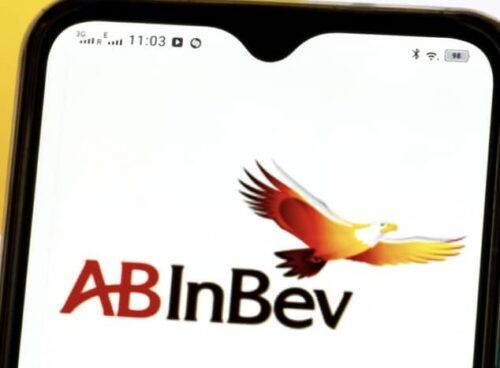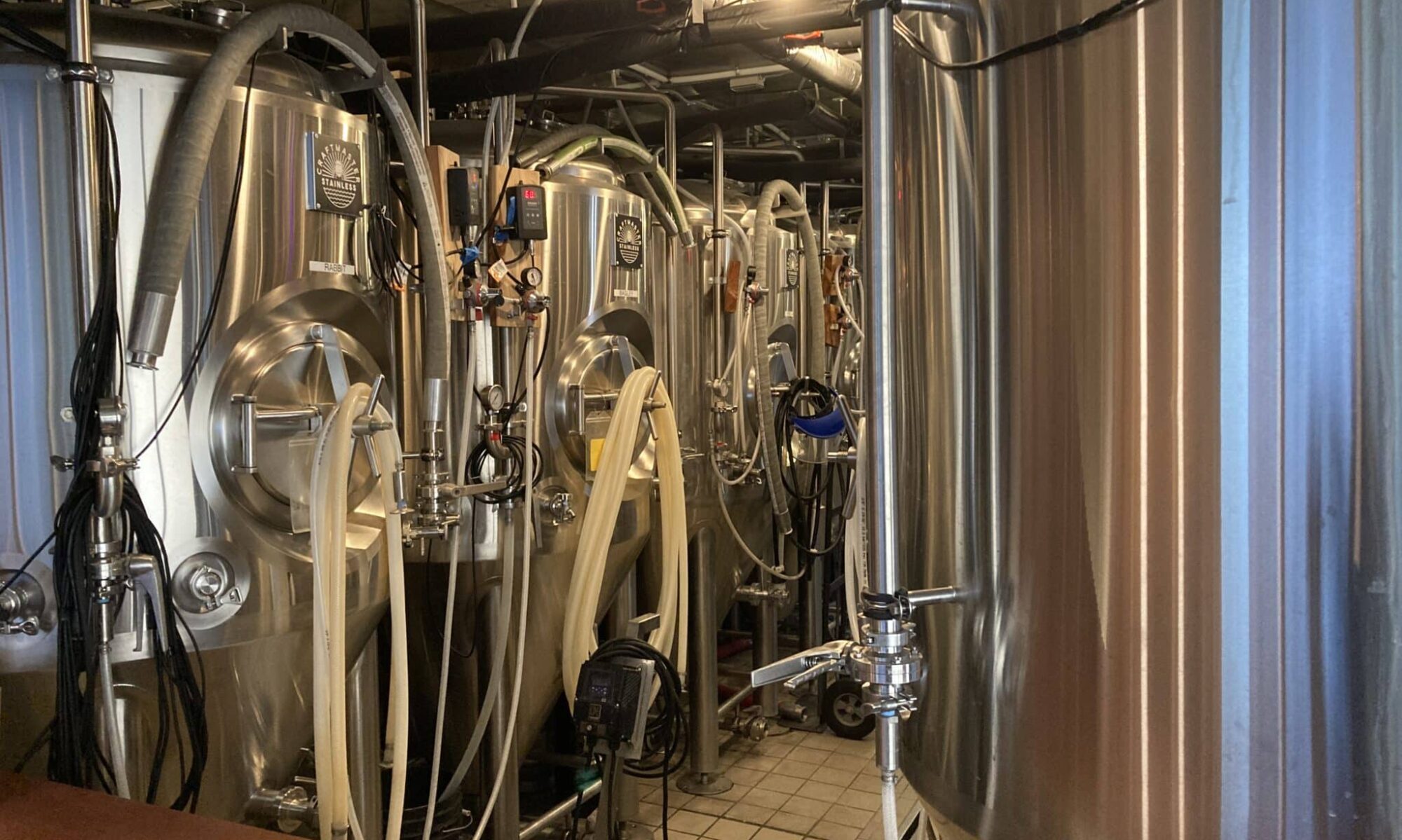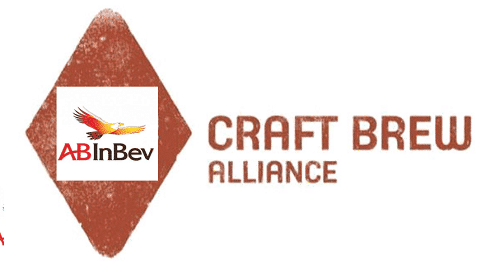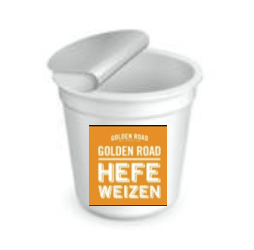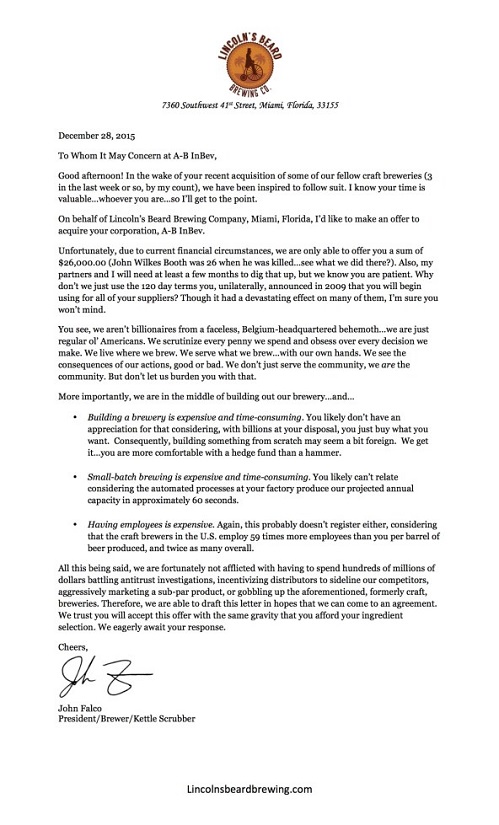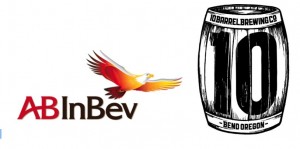
“And thus ends hate-watching’s brief, trend-piece aided reign as The Future of Television; you are now advised to find some other innocuous object that has no real effect on your daily life at which to direct unbridled, unfiltered online rage. Apricots, maybe. Apricots: What an asshole fruit, right?”
What does that hilarious piece of writing from the AV Club have to do with beer?
Well, it is parallel to the popular sentiment of hatred towards the Big Boys of Beer which reached a higher peak when the U.S. Department of Justice thwarted ABInBev’s plan to buy the portion of Grupo Modelo that they don’t already own.
It seems the Bud-Miller-Coors troika are hated simply for existing in our universe. Now, I have written that without their blind ignorance of the fact that they were creating a market for craft beer drinkers by producing only watered down corn lager, we wouldn’t have the growing community that we do. And that we should thank them for not “getting it”.
But I sense a certain amount of the hatred pointed at them and to a certain extent breweries like Sierra Nevada and New Belgium is simply because they are “big” As if “big” was the problem and not the beer being produced. Personally, I don’t see how Grupo Modelo being swallowed up whole will shatter the beer world. Smart farmers of malt and hops and sellers of brewing equipment have been following and supplying the craft beer scene for awhile now. And if the price of a six-pack of Bud Black Crown and it’s entrance to taste is higher, then more people will check out craft which will suddenly look more reasonable than they already are.
But back to my main point, why is “big” equated with bad? It is almost certainly why the Brewer’s Association continues to lump Boston Beer Co. in with nano-breweries under the craft designation. But why do we have to avoid “big” or it’s cousins “large” and “nationwide”. Why is that word such a bugaboo?
I would love to see a huge Lagunitas. More of the Sucks IPA for me which I don’t believe will suffer in quality just because it is made in quantity. New Glarus and Firestone-Walker can continue to tread the smaller path which is fine too. We truly need breweries making good, solid craft beer at all levels of the brewery size ecosystem.
That is how you combat a monopoly. By creating a solid base of thousands of breweries that have a growing market share. If craft beer can reach 25% or higher, then it won’t matter if Miller and Coors and Budweiser and Modelo combine to form some mega-corporation / League of Doom (MiCoBuMo?) there will be a craft counterbalance.
So let’s stop hating just for being big. Pick a more specific reason. Budweiser offers so many individual reasons to hate them so it shouldn’t be that hard to find one.
